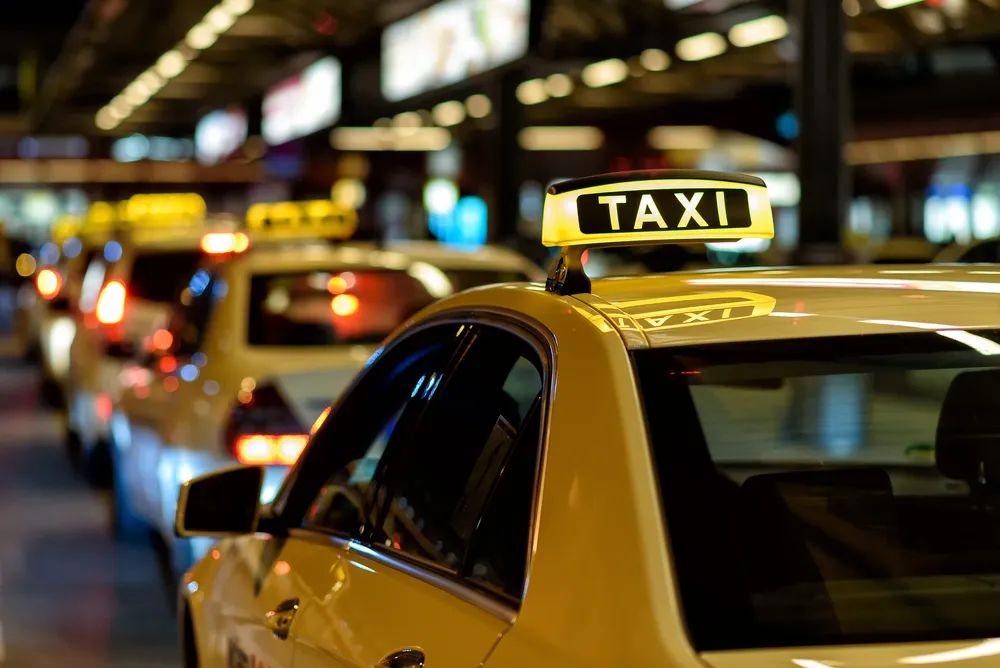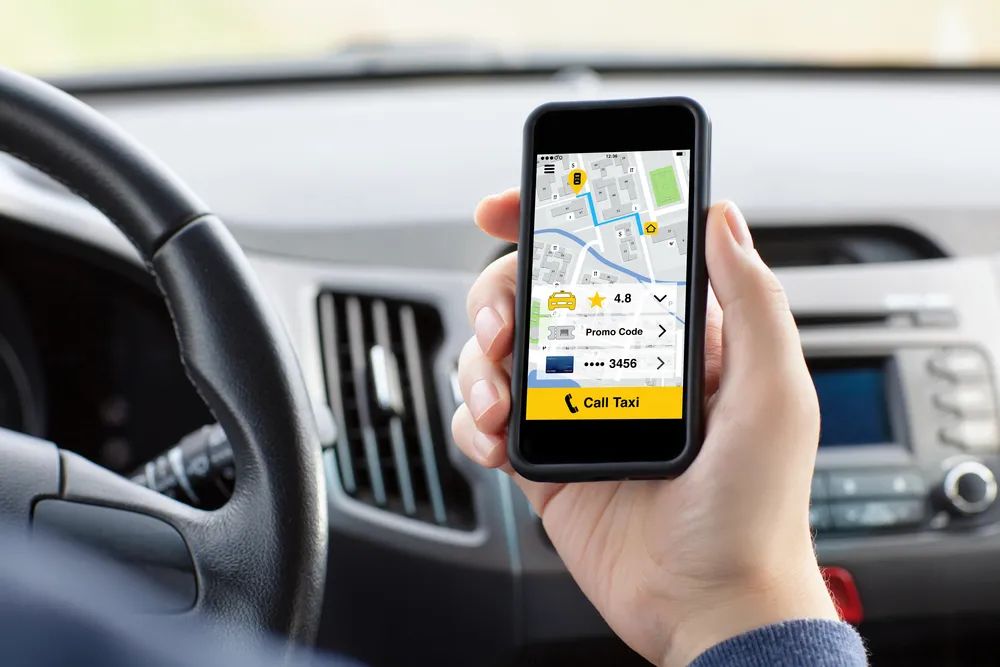Professor Fei Ren collaborated with Jinyang Zheng, Yong Tan and Xi Chen to examine how two-sided sales promotion affects drivers' willingness to use transportation network company (TNC) applications and how TNCs formulate their optimal promotion strategies accordingly. This paper was published in the academic journal Information Systems Research in 2020.

The mobile app of a transportation network company (TNC) allows the TNC platform to run aggressive and diverse sales promotion to introduce new products to both sides of the users. To investigate the effects of sales promotion, this study estimates a structural model of drivers' decision-making process of accepting orders and cancelling generated orders, as well as their perceptions of passengers’willingness to redeem the sales promotion. In this model, Bayesian learning processes are introduced to account for uncertainty when the app is newly introduced. The study finds measurable evidence of drivers' learning about the attribute value of using transportation network app, indicating substantial value of promotion in the early period since it not only encourages current usage, but also fosters learning that sustains drivers' usage afterwards.
Background
A transportation network company (TNC) refers to "a service that does not own vehicles or employ drivers and relies on software to connect passengers to rides". A TNC app creates value in different ways. For drivers, it provides enhanced functionalities, allowing its drivers to expand their customer pool, select passengers to match their preferences of driving areas and routes, and to cancel orders. For passengers, a TNC app provides simplicity and flexibility in the transaction process, as the app allows passengers to handle their payments automatically.
Another important role of a TNC app is to facilitate marketing campaigns, given that potential users may be reluctant to adopt an innovative product due to their unfamiliarity with its new features. Thus, this paper aims to answer the following research questions: how does two-sided sales promotion impact drivers' propensity to use a TNC app? How do these promotions interact with drivers' dynamic learning? Looking forward, this study also aims to find out how a TNC can design better promotion schemes to accelerate drivers’learning while being cost effective.
Challenges in measuring effects of sales promotion
There are several challenges in measuring the effects of sales promotion on drivers. Firstly, with new features such as order-cancelling and online-pay in the remodelled business process, sales promotion might have different effects on each of the sequential and interconnected decisions in transactions. Without understanding the process of multiple decision-making enabled by new features, it is impossible to quantify the effects of sales promotion accurately. Next, the model needs to account for the uncertainties about the new features imbedded in different stages of decisions. While a typical Bayesian learning model can handle this effectively, it is limited to learning of one attribute associated with one decision. Thus, the team constructs a structural model that connects learning processes of different stages to mitigate this challenge.
Research design
To conduct the analysis, the team obtained data from a leading TNC app in China with over 150 million registeredpassengers, 1.5 million registered drivers and 5 million transactions per day. The data sampled 952 taxi drivers who have used the TNC app at least once during the introductory period. From 198,689 transactional records, the team observe the following seven variables: whether drivers accept the orders, whether transactions are fulfilled, whether online pay is used, cashback amount for passengers when using online-pay, cashback amount for drivers when passengers use online-pay, tips from passengers, and subsidies from the TNC platform. Finally, theteam conceptualised a structuralmodel on the data generation process of how a typical order on a TNC app is accepted, fulfilled and finished based on three stages of decisions respectively, where the Bayesian learning model is connected to the learning processes.

Findings
Where TNC app platforms are attempting to reduce their reliance on sales promotion, the team found a solution by understanding the two mechanisms: how new users form their initial preference of TNC apps; and how sales promotion affects the formation of initial learning.
-Firstly, analysis shows that individuals are conservative about adopting a new channel. TNC app users underestimate not only the attribute values of using an app, but also the perceived attribute value for passengers' preferences in using the online-pay function. As a result, drivers form a comparably lower willingness to use the app and higher willingness to cancel a potentially "bad" order due to lower prior attributes and lower probability of receiving cashback bonus.
-Next, usage experience plays a significant role in alleviating the bias from uncertainty and risk aversion. With the accumulation of usage experience, drivers obtain adequate exposure to the true attribute values of the app and consistently perceive the belief of passengers' decisions with diminishing uncertainty.
-Counterfactual analyses confirm sales promotion as an effective tool for user learning. Results have shown that a sales promotion induced in the introductory period has more significant effects compared with one that happened later. Other than the direct effect of sales promotion on contemporaneous drivers' utility, early sales promotion affects the decisions in later periods through early enhanced usage experience due to user learning. This finding justifies the importance of early sales promotions for newly introduced products and explains why most of TNC app platforms spend enormous efforts in sales promotion in early stages.
-Lastly, there exists thecross effect of two-sided sales promotion, where sales promotion for passengers can influence the decisions of drivers when drivers are rationally forward-looking, and their earnings are affected by passengers' decisions.

Contributions to Existing Literature
This study contributes to two strands of literature.
-Firstly, this is the first study that econometrically models drivers’decision process in the use of a TNC app. The model proposed by the team captures how drivers' decisions are influenced by TNC monetary rewards as well as their perceived passengers' decisions. Besides the direct effect from two-sided sales promotion, the team also depicts drivers’learning from their usage experience that indirectly contributes to their overall use of the app, where the results describe drivers' learning of multiple attributes of the TNC app.
Next, through performing policy simulations that examine differential effects from different sets of marketing promotion designs, the study generates managerial insights for the runners of newly introduced products about designing sales promotion in a more effective way. Counterfactual analyses also suggest that early intensive sales promotion policy not only enhances users' willingness to use but is also cost effective.
 Programs
Programs